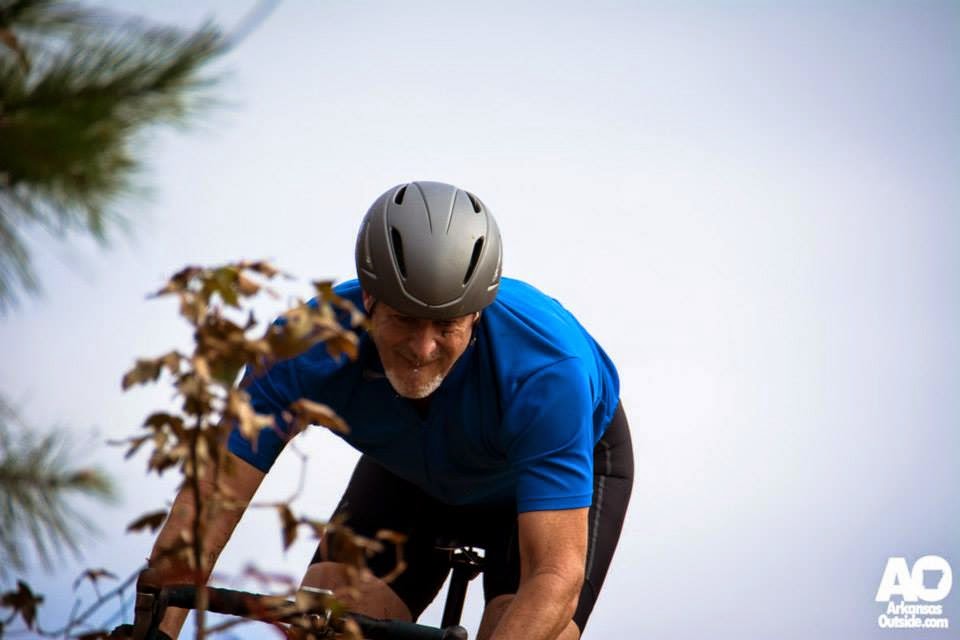To Understand Suffering
I’m trying to better understand suffering. All of it; the
physical, mental, emotional and spiritual dark valleys we all pass through at
one point or another. People suffer in different degrees and in different ways
and even the same person can suffer in different ways in different stages of
life. About the time I think, “Well, as soon as I get through _________, I’ll
be home free. No more struggle.” But it never works out that way.
A couple of
years ago I wrote a short story that I never really tried to publish because I
could never come up with a truly satisfactory ending. It was about a guy who
experienced one tragic, undeserved episode and instead of working through it
and recovering as much as he could, he fixated on revenge and eventually lost
even more. I even took the story to a writer’s workshop in Iowa this summer and
a group of other writers and an instructor “workshopped” it: they read it and
made suggestions about what was working and not working. The leader of the
workshop said that the story didn’t work as well as it should because the
narrative trajectory was all downhill. He said, “I want all of this suffering
to mean something.” I think that sentence fully captured what was wrong with
the ending and it extends beyond the story. I came back with pages and pages of
notes, but I still haven’t fixed the story. I’m almost afraid to work on it because
I’m still trying to figure out the point of suffering.
I think bike racing is teaching me some lessons, though,
about suffering. I know that statement will seem obscenely frivolous to someone
who has lost a loved one or is managing a terminal illness. Not all suffering
is the same, neither in degree nor type. Just hear me out. Bike racing is really
about being willing to hurt. It’s not about mastering a fine motor skill like
drilling a three-pointer with a hand in your face or hitting a long, straight
tee shot. To race cyclocross is to subject oneself to a thirty, forty or fifty
minute dose of intense suffering. The shortness of the events over variable
terrain, along with the fact that you’re jumping on and off the bike and
lugging it over obstacles, jacks your heart rate through the ceiling and keeps
you right on the edge of going anaerobic. I’m convinced, too, that it’s the
same pain for everyone. Tour de France champion Greg Lemond once said that
racing never hurts any less, you just go faster. There’s no break and no
coasting or drafting. To train for those events you can’t just go out and casually
pedal, either. The training has to contain segments of race-level intensity,
which means hours and hours of more suffering on the bike.
 |
| At the Cedarglades Cyclocross race in Hot Springs, AR |
For the big guns who
are in the running for the win or a top three finish, the pain has some extrinsic
reward. Guys like me who routinely finish near the back, though, have to do
some soul-searching to come up with some intrinsic payoff as motivation to keep
doing this. But just as there’s no crying in baseball, there can be no excuse
making in cycling. Age? Some dudes older
than I am are dusting almost everybody. Equipment? My wheel setup could be a
little better, but my bike is perfectly adequate, even good. I have come to accept
that most of the shortfalls that keep me from doing better are self-inflicted.
I’m in excellent health and I look fine for a middle aged guy just walking around but for a
bike racer I’m carrying around twenty pounds that don’t contribute to making
the bike go faster. That’s nobody’s fault but mine. Is my training all that it
should be for improving in this sport? I don’t think so. Not enough targeted
intensity and not enough race-like efforts.
So what options are available to me? Fetishize back of the
pack performance and try to act like I totally don’t care? Not my style.
Completely turn my life inside out and resolve to live like a monk and
maniacally train until I get on the podium? No, that’s not happening, either. I
race bikes to enhance my life, not take over my life.
I think that I need to push through the end of this season,
do my absolute best at the last race I’ll do this year on Dec. 13th,
be smart and focused about my training, try to fix up some of my technique
here, lose a pound or two there, and learn what I can from the guys with whom I
race. I’ll also trust that the suffering of cyclocross in November and December
will help me transition more strongly to mountain biking over the winter and
spring.
Above all, I should be thankful for all of this: the fact
that I’m healthy enough to go race as hard as I can, for the camaraderie and
spectacle of the competition and the satisfaction from doing something hard.
Maybe I should be thankful even for the small doses of suffering that I can
manage, the suffering that makes me more able to find purpose and dignity in the
suffering of being human, the struggle that is most common to all.


